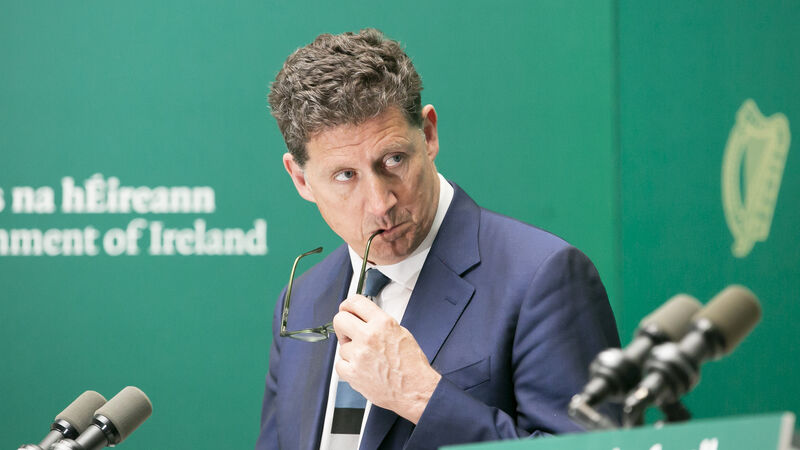Eamon Ryan refuses to stand down in row over facial recognition technology for gardaí

Eamon Ryan: "There's huge potential advantages, but there's also huge potential disadvantages if you get it wrong." File picture: Careth Chaney
Green Party leader Eamon Ryan has refused to back down in a Government row over the introduction of facial recognition technology for the gardaí.
Mr Ryan has warned that public trust in the force risks being eroded if legislation to pave the way for the use of the technology is rushed through.









